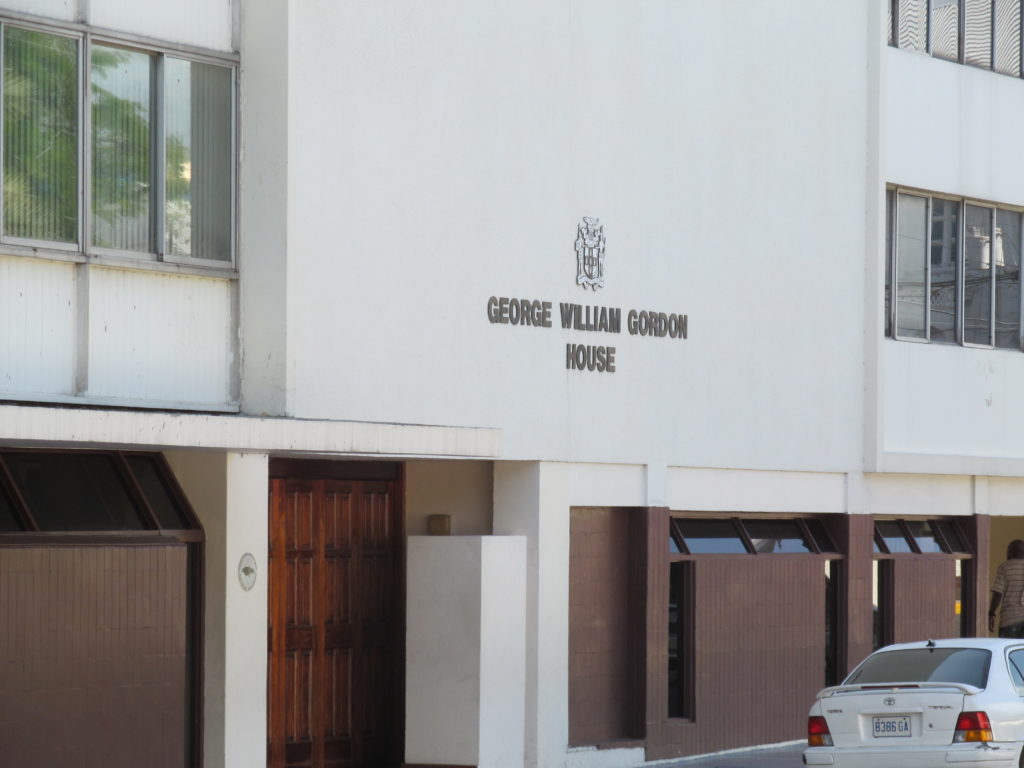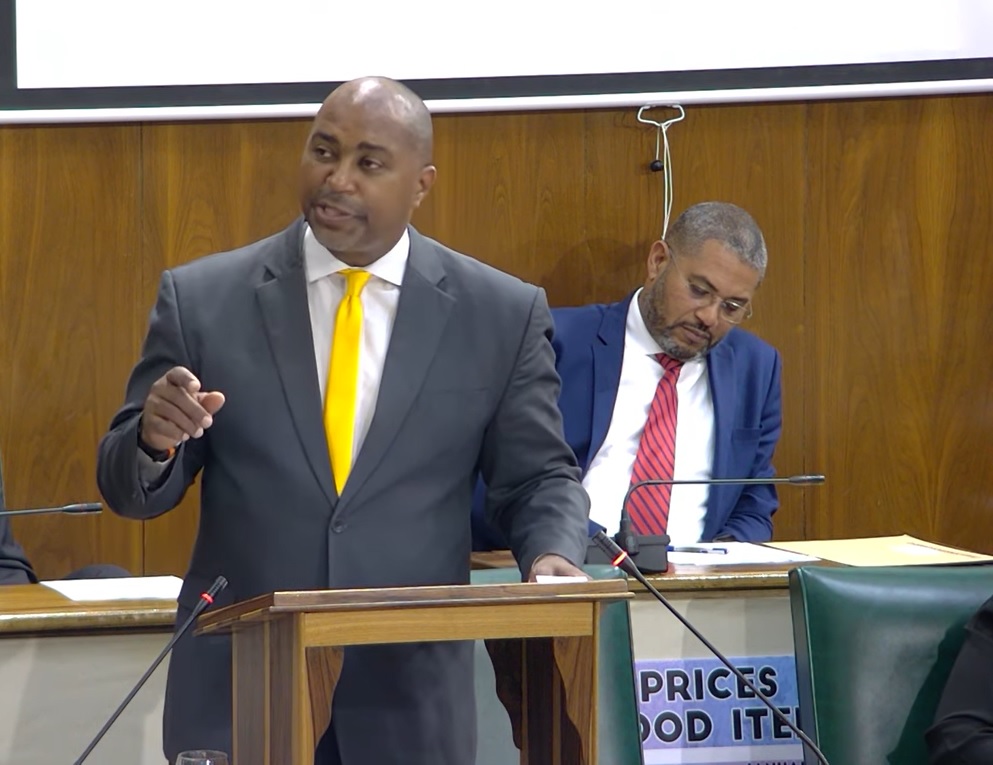
Moving away from low-wage, low-tech economy

Durrant Pate/Contributor
The Opposition People’s National Party (PNP) has articulated a plan for transforming the Jamaican economy from a low wage, low-technology model to a high income, technically sophisticated, higher value added, and people-centred economy.
The plan was unveiled by Opposition Spokesman on Finance, Julian Robinson, as he delivered his contribution to the 2023-2024 Budget Debate in the House of Representatives on Thursday (March 9).
At 60, Jamaica is still a young nation, but, Robinson argued, “Jamaica is old enough with enough experience to understand that the low-wage, low-tech economic model that we have been pursuing for decades will only deliver what it has been delivering: which is low growth and its negative social consequences”.
He advanced the case for transforming the economy from its overwhelming dependence on a low-wage, low-value-added formal sector that exports either raw materials (such as bauxite) or services (such as BPO and tourism) and to move away from a situation in which an estimated 500,000 people are in the informal sector – an amazing 35 per cent to 40 per cent of the labour force. While low-wage, low-tech sectors may reduce unemployment, Robinson told the Parliament they rarely raise standards of living significantly, because the value added is low, and therefore wages are low, and the tax base is perpetually weak.
Features of current model
He charged that the current economic model is characterised by “a small island economy with a tiny domestic market, low labour productivity, a weak educational system, weak tradition of firms investing in product development and innovation research, with weak linkages to global value chains. But our reality today does not have to be our destiny. The task for us as a nation must be to set out on a new path and to begin the journey of transitioning our economy, through improved productivity, which will create better paying jobs and lift the standard of living for all our people”.
This, he said, requires the adoption of a comprehensive set of policies, which will strive to tap into the natural creativity and to help Jamaica to lift itself to the highest technical levels globally.

According to him, “that is the only way to generate higher incomes sustainably and to strengthen the tax base to finance health, education, housing, and other benefits to the level the people of Jamaica want and deserve. This is the only way to reduce poverty and crime sustainably”.
Transforming the economy
In transforming the economy, the Opposition finance spokesman urged the Government to focus on industries that can help Jamaica achieve these objectives such as investing more in agriculture, logistics, blue economy, renewable energy, cultural and creative industries and public transportation.
Robinson spoke in detail about the investment in agriculture, which he said must be anchored on Research & Development, irrigation and providing access to financing, which includes a comprehensive crop insurance programme.
Turning to logistics, the PNP spokesman articulated that Jamaica has tremendous untapped opportunities in this area and has already gained significant foreign and local Investment and has the potential to attract much more.
He pointed to the several significant advantages that make Jamaica ideally suited for logistics, such as its strategic geographic location, solid and well-developed transport networks and telecoms infrastructure, a large and trainable workforce.
Renewable energy, he cited as one of the imperatives, as at present, it is one of the impediments to moving Jamaica to a high wage, high value-added economy.
However, he cited the exorbitant cost of electricity, saying Jamaica cannot be a productive economy with the prevailing electricity rates.
Governments over the years have endorsed a National Renewable Energy Strategy with the goal of 50 per cent of renewables on the grid by 2030 to diversify the energy mix and reduce the cost of energy.
“We are profoundly disappointed that, seven years after this Government has taken office and four ministers later, they have not issued a single RFP for new renewable energy to go onto the national grid. We have heard promises every year, and nothing. Bringing new renewable energy onto the grid is important for several reasons,” Robinson declared.
Firstly, he noted, renewables are a lower cost alternative to heavy fuel oil. Secondly, it 20 reduces the nation’s carbon footprint and allows the country to attain its goal of 50 per cent of renewables on the national grid by 2030. Thirdly and importantly, it has the potential to catalyse an industry assembling renewable energy components.







Comments